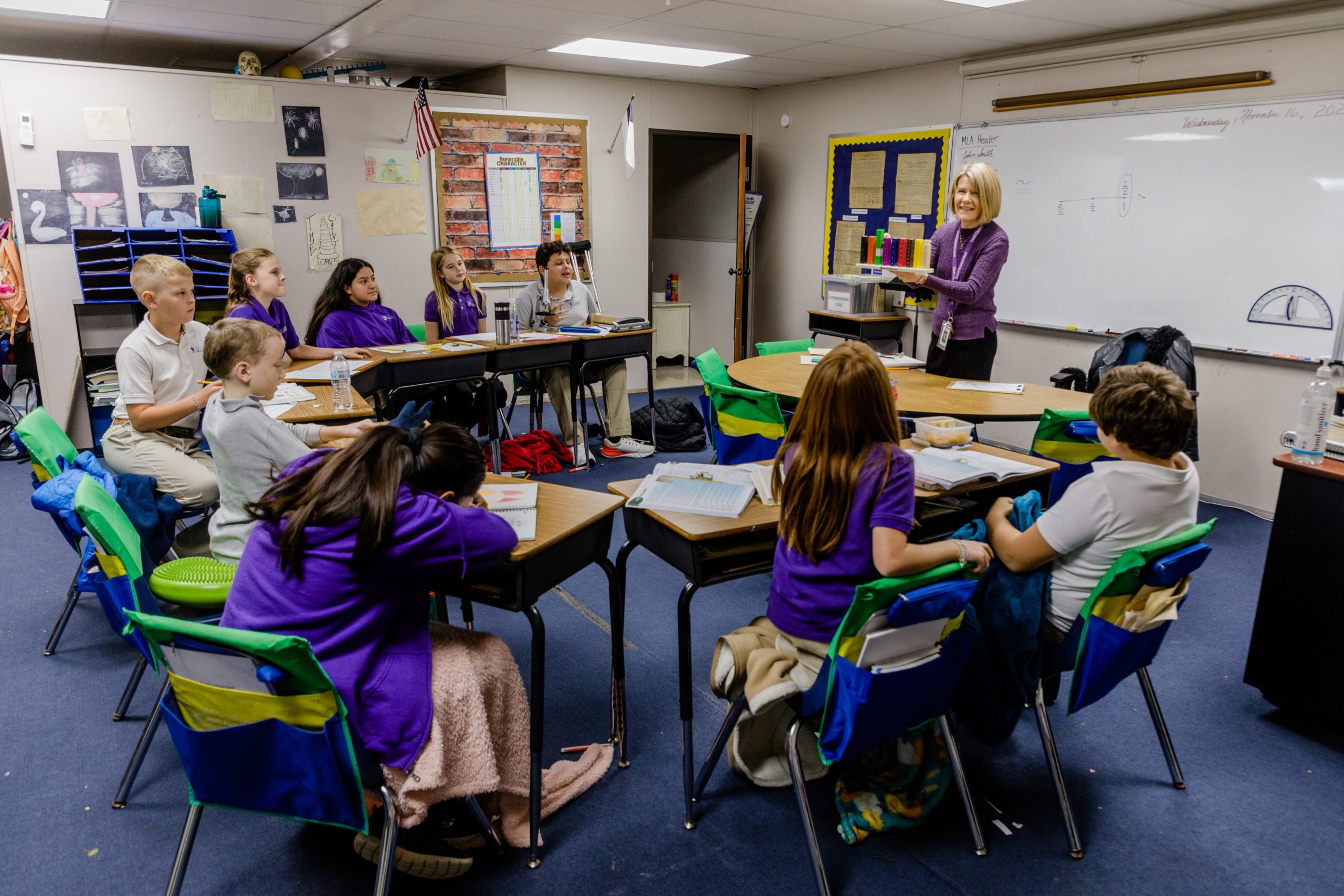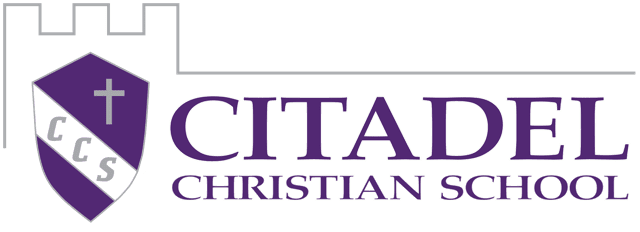Classical
Every day when my daughter comes home she tells us, "This was the best day ever." We are so thankful for all of you.
I’ve been so impressed by my daughter’s self-initiative this year, and I feel that Mrs. Bennatt plays a big part in that! Her self-confidence has grown. You help me a great deal at home by keeping her anxiety levels low throughout the day. It brings me so much joy when she returns home from school with peace and inspiration to finish well. This is a big change from years past in a school setting. Thank you!
I have seen what Mrs. Harrison has done with the students in her class and how far some of them have come already this year, my daughter included. They get up in front of the class with confidence, and I am just in awe. I am so happy that my daughter is in her class and look forward to next semester.

Classical methodology takes advantage of the developmental stages of children.
Classical education differs from progressive and conventional education in that it works with the natural developmental stages of the child. Rather than a goal of producing the next generation of workers while attempting to predict the nature of future job markets, the goals of a Classical curriculum are to
- provide a foundation of knowledge in the early years when children are able to absorb facts with ease;
- build understanding on that foundation in the middle years as students begin to think through arguments;
- teach older students wisdom as they learn to reason and effectively express themselves.
At every stage, the Classical educator is intentional about instilling wisdom and virtue in each student.
- In primary classes (grammar school), learning is almost exclusively focused on knowledge acquisition, using mostly didactic teaching methods and memorization. Chants, jingles, and songs make that memorization and learning fun.
- In the preteen and early teen years (the logic stage), instruction becomes more analytical, as children learn the arts of debate and critique along with a continuation of knowledge learning. These students are given the tools to develop sound reasoning through courses in informal and formal logic.
- In the secondary years (the rhetoric stage), students are trained to write and speak with eloquence and originality, learning to persuade and to apply the knowledge and understanding.
Classical
Cultivating wisdom and virtue in students at each developmental stage
Biblical
Discovering God's design throughout every subject
Exceptional
Motivating students to achieve their highest potential

